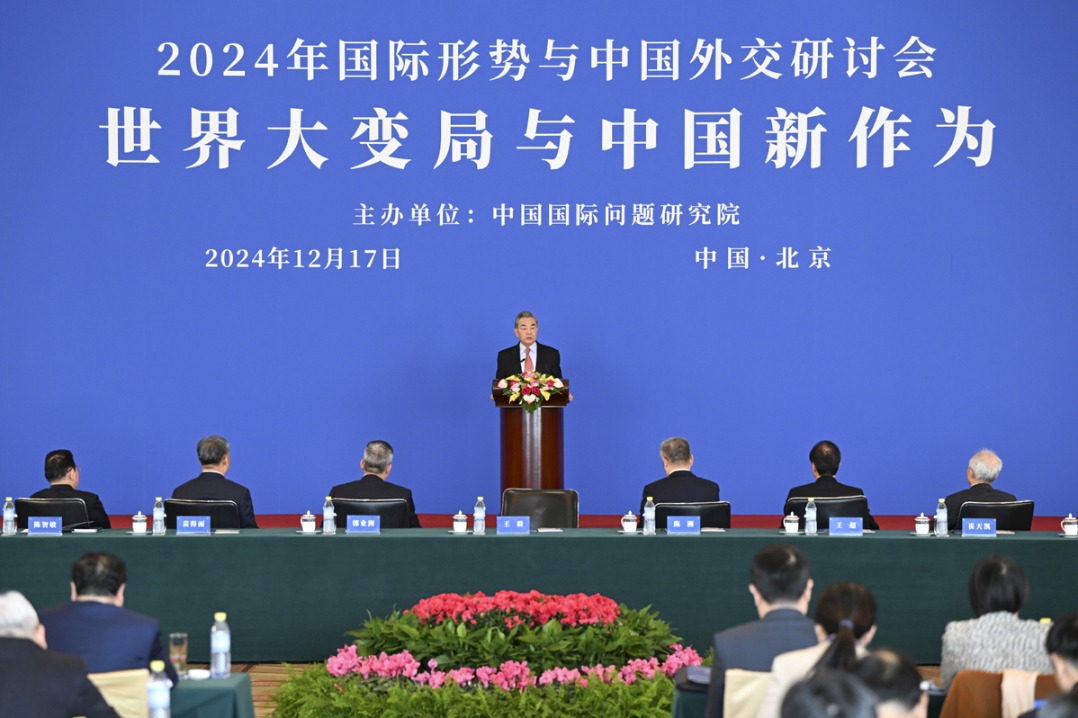OECD warns green transition threatens rural areas

Governments must have robust plans in place to care for people affected by the transition to green economies, the Organization for Economic Co-operation and Development warned on Tuesday in its latest Employment Outlook report.
The annual deep-dive into employment trends across the 37-member bloc focused this year on the impact of the green transition, and warned that switching to environmentally sustainable societies could widen the urban-rural divide if governments fail to guard against it happening.
Stefano Scarpetta, the OECD's director for employment, labor, and social affairs, said in the report that it has "become clear that safeguarding the planet must include a simultaneous commitment to taking care of people affected by the green transition".
But he warned that the economic impact of the transition toward zero emissions is happening at the same time as other global "mega-trends", including cost-of-living crises, the lingering impact of the COVID?19 pandemic, the digital transformation, and major demographic shifts.
"These multiplying challenges mean that governments must design and implement public policy solutions that respond to the economic and social impact of environmental policies," he said, urging decision-makers to be mindful of the social impacts of their crucial environmental policies.
The OECD Employment Outlook 2024 report shows those environmental policies have already started to change the labor market, with the reality on the ground falling somewhere between worst-case scenarios of mass layoffs and optimistic predictions of green employment bonanzas.
Instead, the report says some 20 percent of the workforce across the OECD is already working in sustainable jobs. And, in the years to come, around 25 percent of existing jobs across the OECD will be strongly affected by net-zero policies, both positively and negatively.
Some of the largest impacts will be felt in sectors including fossil fuel energy supply, transport services, mining, and the manufacturing of energy-intensive products, the OECD said, predicting that,
by 2030, employment levels in
those industries will have fallen
by 14 percent.
But the report contends there are also reasons to be optimistic about the transition to a green economy, with projections suggesting there will neither be a major net decline or increase in the total number of jobs by 2050.
"Indeed, one encouraging finding is that almost all vanishing jobs in high-emission industries have high-growth alternatives with similar basic competence requirements," Scarpetta said.
The report warned, however, that most of the job losses expected during the green transition will take place in high-emission industries in rural areas. And most of the opportunities will come in skill-intensive industries in predominantly urban areas.
The report said governments must act now to stop a gulf widening between urban and rural areas, with training and welfare policies needed to ensure rural areas are not left behind.
earle@mail.chinadailyuk.com

































